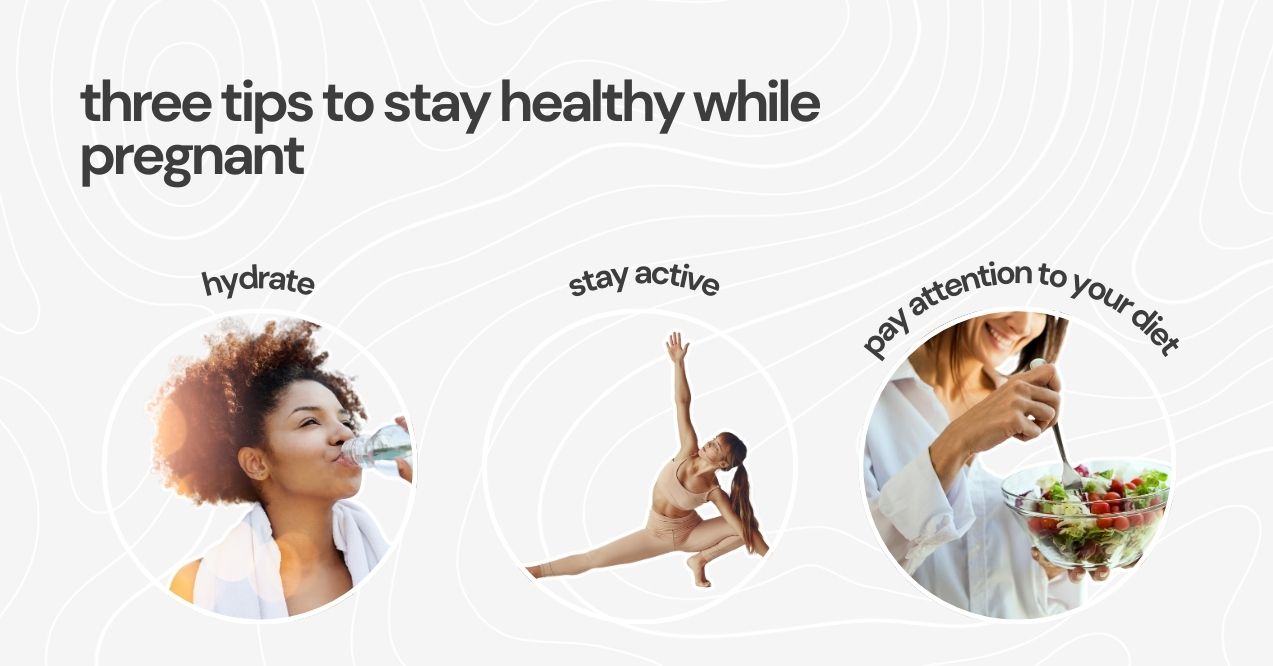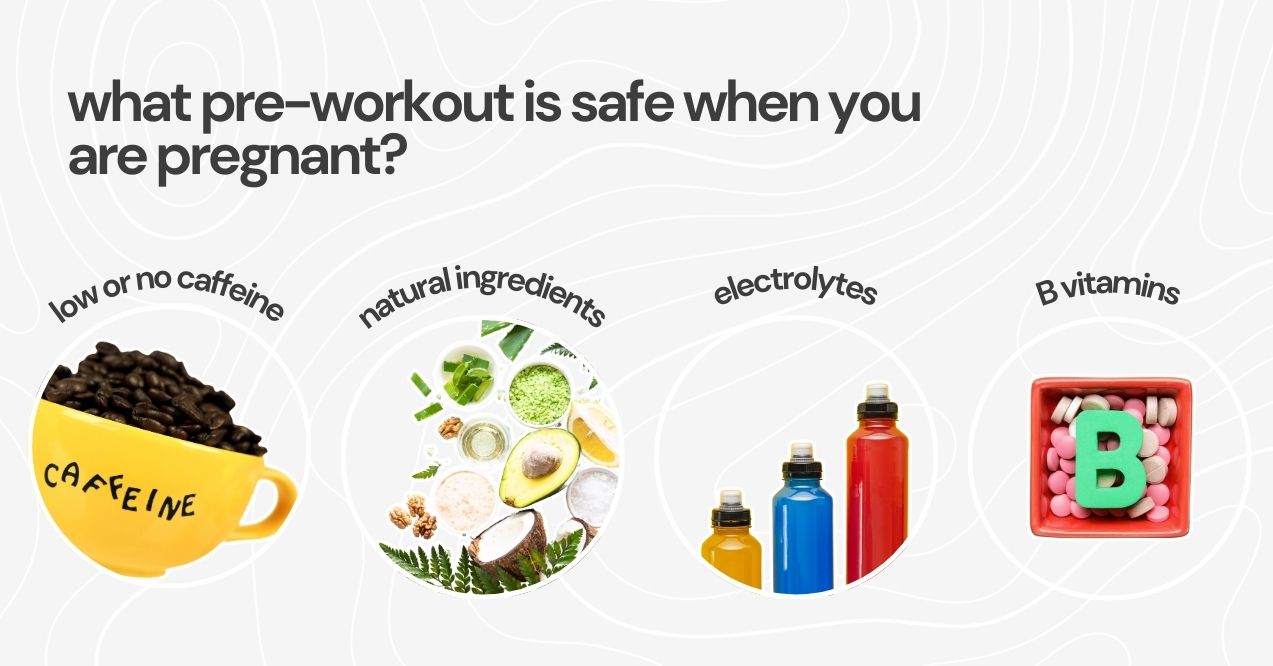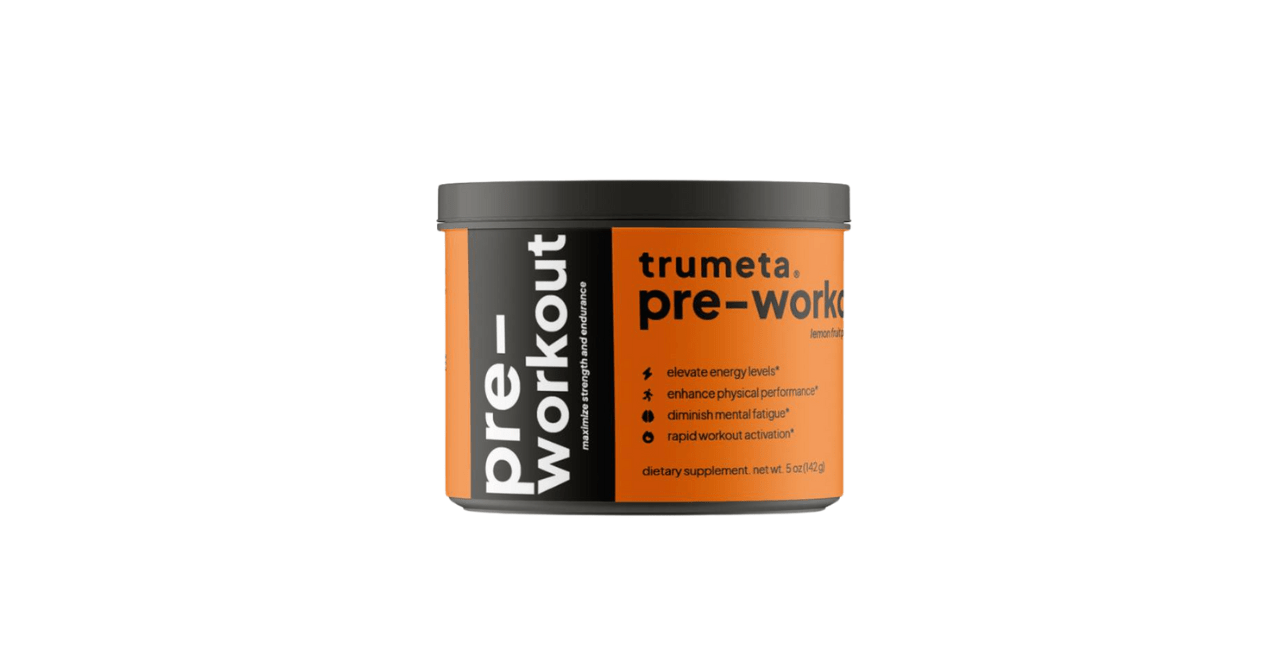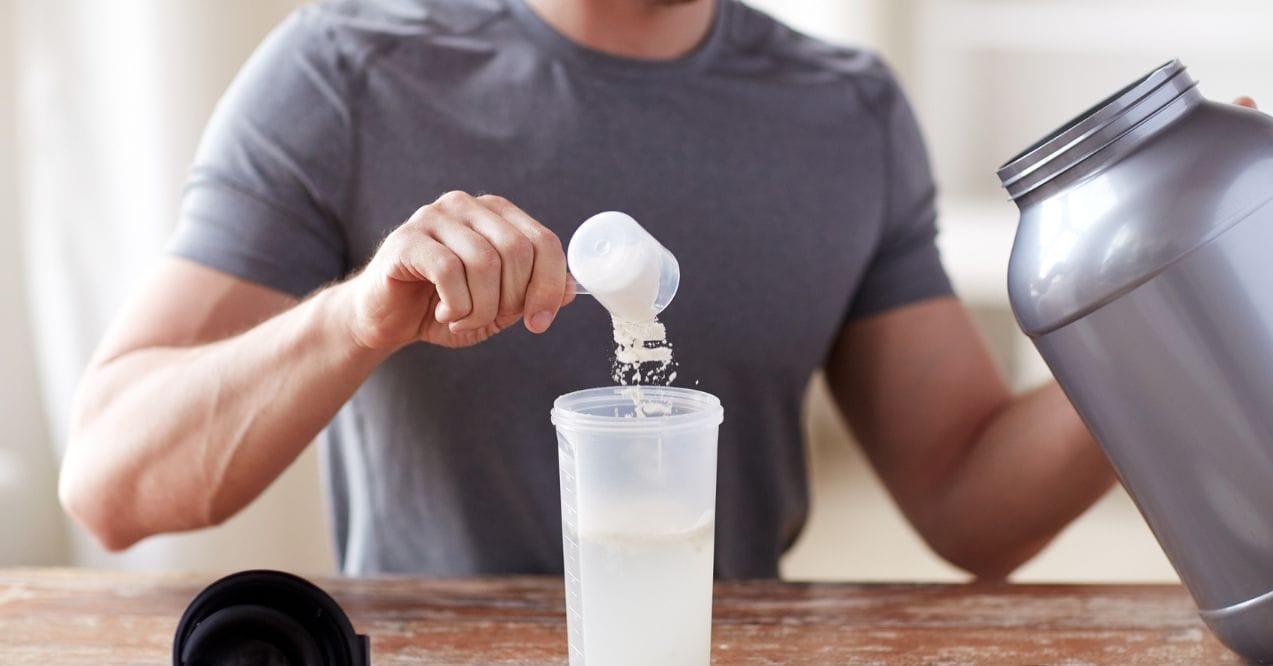Can You Take Pre Workout While Pregnant? Questions Answered
Can I take pre-workout while pregnant? More expectant moms are asking this as they try to stay fit. Many know that staying active during pregnancy is important, but they’re not sure how to adjust their usual workout habits during this new phase of life.
In this post, we’ll address the potential risks of pre-workout supplements during pregnancy and what to consider when choosing a fitness supplement. While pre-workouts can boost energy and focus, they often contain ingredients that might not be safe for pregnant women. If you’re concerned about maintaining mental clarity and emotional balance while staying active, it’s important to consider supplements that support these areas, like the best brain supplements for adults or best mood boosting supplements, which can contribute to your overall well-being during this time.
We’ll break down what’s in pre-workout supplements and how they might affect pregnant women. Plus, we’ll share tips to keep your energy up and stay fit throughout your pregnancy.
Can You Take Pre Workout While Pregnant?
The short answer? It’s best to be cautious with pre-workout supplements during pregnancy. Why? Many contain ingredients like caffeine and other stimulants that might not be safe for your growing baby.
Pre-workout supplements aim to boost your energy, endurance, and focus. These effects typically last for hours. For pregnant women, this can be risky. The stimulating effects and increased heart rate could pose dangers to both mom and baby. Additionally, knowing how long does pre workout last is also crucial, as the extended duration of these effects can lead to prolonged periods of increased blood pressure and heart rate, which are not ideal conditions during pregnancy.
Pregnancy changes how your body works. This includes how it processes supplements. Some ingredients in pre-workout formulas might cross the placental barrier, potentially affecting your baby’s heart rate and development.
Before using any pre-workout supplements while pregnant, talk to your doctor. They can give you personalized advice and suggest safer ways to support your fitness goals during this important time.

Risk of Pre-Workout While Pregnant
Pre-workout supplements often contain ingredients that boost performance and energy. But during pregnancy, some of these can be risky. Let’s look at key components and their effects:
- Caffeine – This common pre-workout ingredient can cross the placental barrier. It may affect your baby’s heart rate and metabolism. High caffeine intake has been linked to increased risks of miscarriage, preterm birth, and low birth weight.
- Creatine – While generally safe for most people, we don’t know much about its effects during pregnancy. It might cause water retention and dehydration, which can be problematic when you’re expecting.
- Beta-Alanine – This amino acid can cause tingling sensations and mild side effects. Its safety during pregnancy isn’t well-studied, and we’re not sure how it impacts the fetus.
Health organizations advise caution:
The American College of Obstetricians and Gynecologists suggests limiting caffeine to 200 mg per day during pregnancy. Too much can increase risks for your baby.
The U.S. Food and Drug Administration warns pregnant women to avoid dietary supplements with unknown or potentially harmful ingredients.
Before using any pre-workout supplements while pregnant, talk to your doctor. They can help you weigh the risks and find safer ways to stay fit during pregnancy.
Three Tips to Stay Healthy While Pregnant

During pregnancy, taking care of your overall health is crucial for you and your baby. Let’s focus on hydration, physical activity, and diet to support a healthy pregnancy journey.
1. Hydrate
Staying well-hydrated is key during pregnancy. Your body needs more water to form amniotic fluid, support increased blood volume, and keep digestion smooth. Aim for at least 8-10 glasses of water daily. Good hydration can also help with common pregnancy issues like constipation and swelling.
2. Stay Active
Keeping active while pregnant has many benefits. It can boost your mood, improve sleep, and reduce back pain. Try low-impact activities like walking, swimming, or prenatal yoga. These exercises strengthen muscles, improve circulation, and prep your body for labor.
The American College of Obstetricians and Gynecologists suggests at least 150 minutes of moderate-intensity aerobic activity per week. Always check with your doctor before starting any new exercise routine.
3. Pay Attention to Your Diet
A balanced diet is vital for a healthy pregnancy. Focus on nutrient-dense foods like fruits, vegetables, lean proteins, whole grains, and healthy fats. Prioritize essential nutrients like folic acid, iron, calcium, and DHA – they’re crucial for your baby’s development.
Eating small, frequent meals can help manage nausea and keep your nutrient intake steady. Try to limit processed foods, caffeine, and high-sugar items.
What Pre-Workout Is Safe When You Are Pregnant?

When considering pre-workout supplements during pregnancy, safety is key. Always consult your doctor first. Most traditional pre-workouts contain ingredients like caffeine and other stimulants that aren’t recommended for pregnant women.
Safe pre-workout options for pregnancy should focus on natural, non-stimulant ingredients. Here’s what to look for in pre-workout:
- Low or No Caffeine – Choose products with minimal or no caffeine. High caffeine intake can lead to risks like preterm birth and low birth weight.
- Natural Ingredients – Go for supplements with natural ingredients like beetroot juice. It can boost nitric oxide levels and support blood flow without stimulants.
- Electrolytes – Supplements focusing on hydration and electrolytes can help maintain fluid balance, which is crucial during pregnancy.
- B Vitamins – These support energy metabolism and overall health without stimulants.
Trumeta Pre-Workout supplements are made from natural, non-stimulant ingredients that may be safe during pregnancy. They include:
- Thiamin for energy production and reducing exercise fatigue
- Vitamins B6 and B12 for brain development, muscle metabolism, and red blood cell formation
- L-Tyrosine for mental clarity
- Beta-Alanine to delay muscle fatigue
- Beet Root Powder as a natural nitric oxide booster
- Ginseng Extract to help manage stress
- Hyaluronic Acid for joint lubrication

With Trumeta Pre-Workout, you might be able to maintain your fitness goals during pregnancy while supporting your and your baby’s health. Remember, always check with your healthcare provider before starting any new supplement regimen.
Key Takeaways
In conclusion, while maintaining fitness during pregnancy is commendable, it’s crucial to prioritize safety when considering pre-workout supplements. Most traditional pre-workouts contain ingredients that may pose risks to your developing baby. Opt for natural, stimulant-free alternatives, and always consult your doctor before starting any new supplement.
Remember, a healthy pregnancy involves a balanced approach – nourishing your body with proper nutrition, staying hydrated, and engaging in safe exercise practices will contribute to a vibrant pregnancy journey for both you and your little one.
while breastfeeding, it is crucial to consult with a healthcare provider before taking pre-workout supplements to ensure they are safe for both mother and baby. Avoid stimulants like caffeine that can affect the baby.
at the gym while pregnant, you can use low-impact equipment such as treadmills, stationary bikes, and ellipticals. Engaging in light weightlifting with proper form and prenatal yoga classes can also be beneficial for maintaining fitness during pregnancy.
yes, you can gain muscle while pregnant by engaging in safe, moderate resistance training and ensuring proper nutrition. Always consult with your healthcare provider before starting any new exercise regimen during pregnancy.
Advertisement. This site offers health, wellness, fitness and nutritional information and is designed for educational purposes only. You should not rely on this information as a substitute for, nor does it replace, professional medical advice, diagnosis, or treatment. If you have any concerns or questions about your health, you should always consult with a physician or other health-care professional. Do not disregard, avoid or delay obtaining medical or health related advice from your health-care professional because of something you may have read on this site. The use of any information provided on this site is solely at your own risk.







